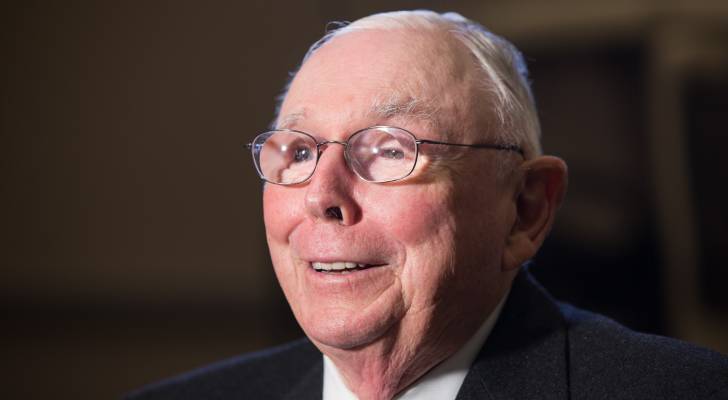Forget billionaire Charlie Munger’s rule about saving your first $100K — why everything changes at the $20K mark

If you’re trying to build wealth, your first six figures in savings is a huge milestone. That’s according to the late billionaire Charlie Munger.
“It’s a b—-, but you gotta do it,” Munger told investors at an annual Berkshire Hathaway meeting two decades ago. “I don’t care what you have to do — if it means walking everywhere and not eating anything that wasn’t purchased with a coupon, find a way to get your hands on $100,000. After that, you can ease off the gas a little bit.”
Munger was focused on the six-figure milestone because he believed that’s where the real power of compounding is unlocked. Once you cross this critical threshold, your money earns more money at a meaningful scale.
Yet, for countless families, the numbers show that even a much lower milestone — like $20,000 — could be the game-changer. Here’s what makes it so powerful.
Munger’s $100,000 benchmark has math on its side. But in reality, most families struggle to set aside six figures as they battle stagnant wages and rapidly rising costs of living.
In fact, 21% of Americans have no emergency savings at all, and 37% say they would struggle to cover an unexpected $400 bill, according to a 2024 survey of 1,192 Americans from Empower (1). In other words, many families are operating with no safety net.
The dearth of savings is particularly acute for younger Americans. According to a 2024 report by Fidelity Investments, the median net worth of adults under the age of 35 is just $39,000 (2). That’s well under half of Munger’s $100,000 benchmark.
Fortunately, your personal finances could start changing at a much lower threshold. If you’re young or lack savings, getting to $20,000 could be a real game changer because it helps you shift your thinking.
A lack of savings severely limits your flexibility. In this situation, your top priority has to be survival, which means you don’t have the flexibility to leave your job in pursuit of a better one, take time off to get educated or take on investments with significant risk.
In other words, you have little to no wriggle room, and that has real consequences on the way you think and process the world around you. According to a survey of Vanguard customers, people with no emergency savings spend nearly twice as much time thinking about money issues every week than those with at least $2,000 in savings.
Do you want to build your own blog website similar to this one? Contact us








